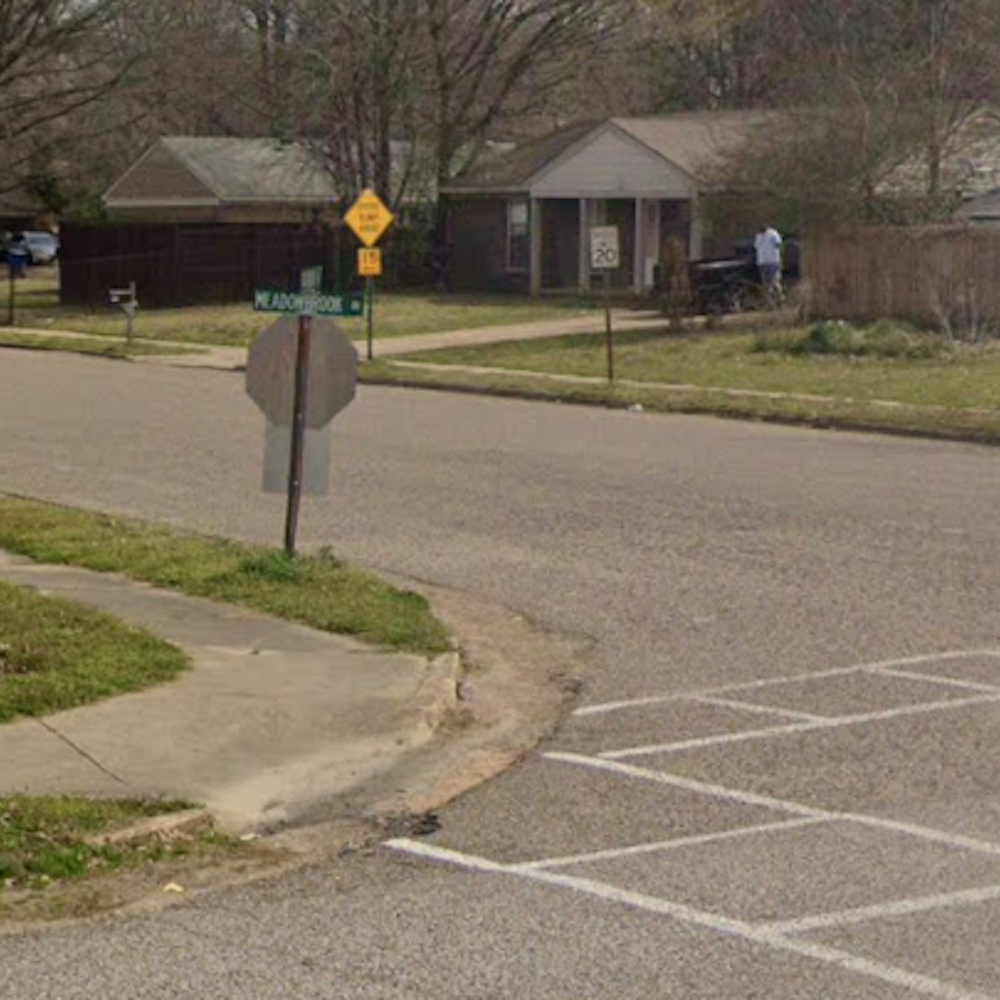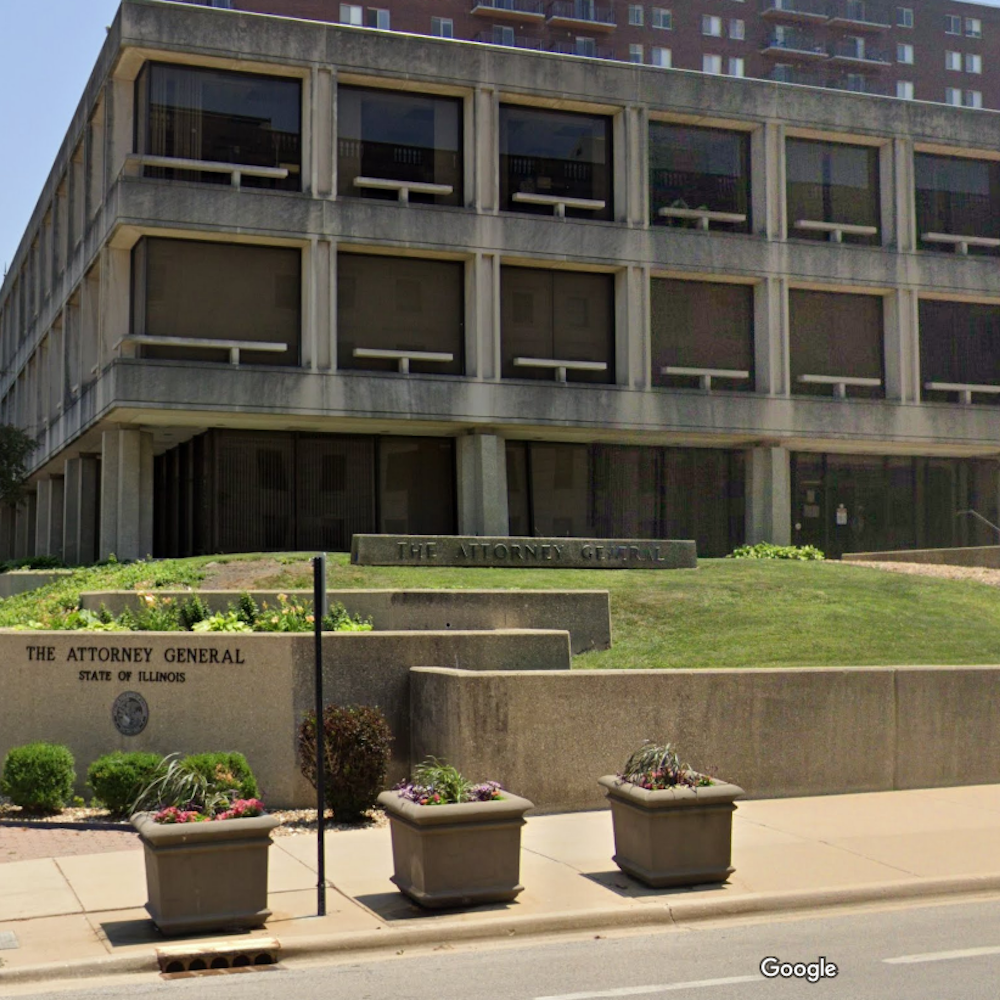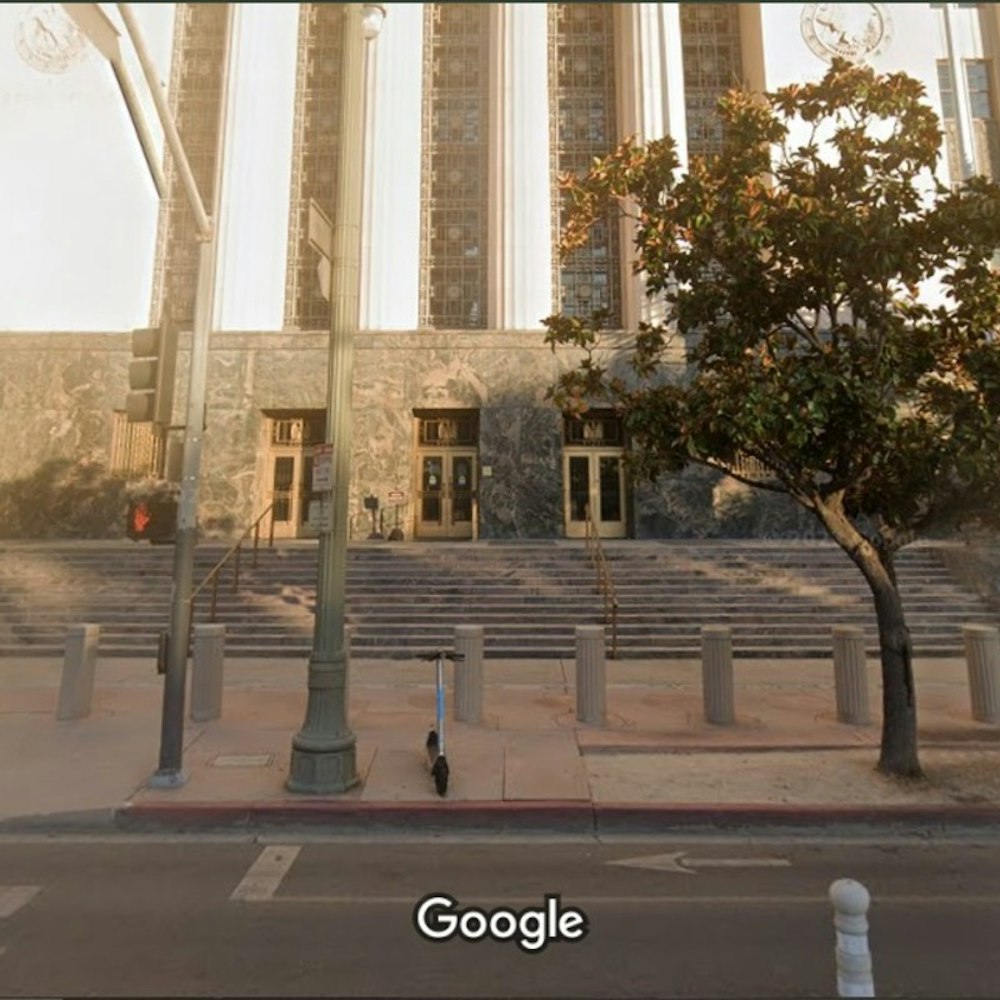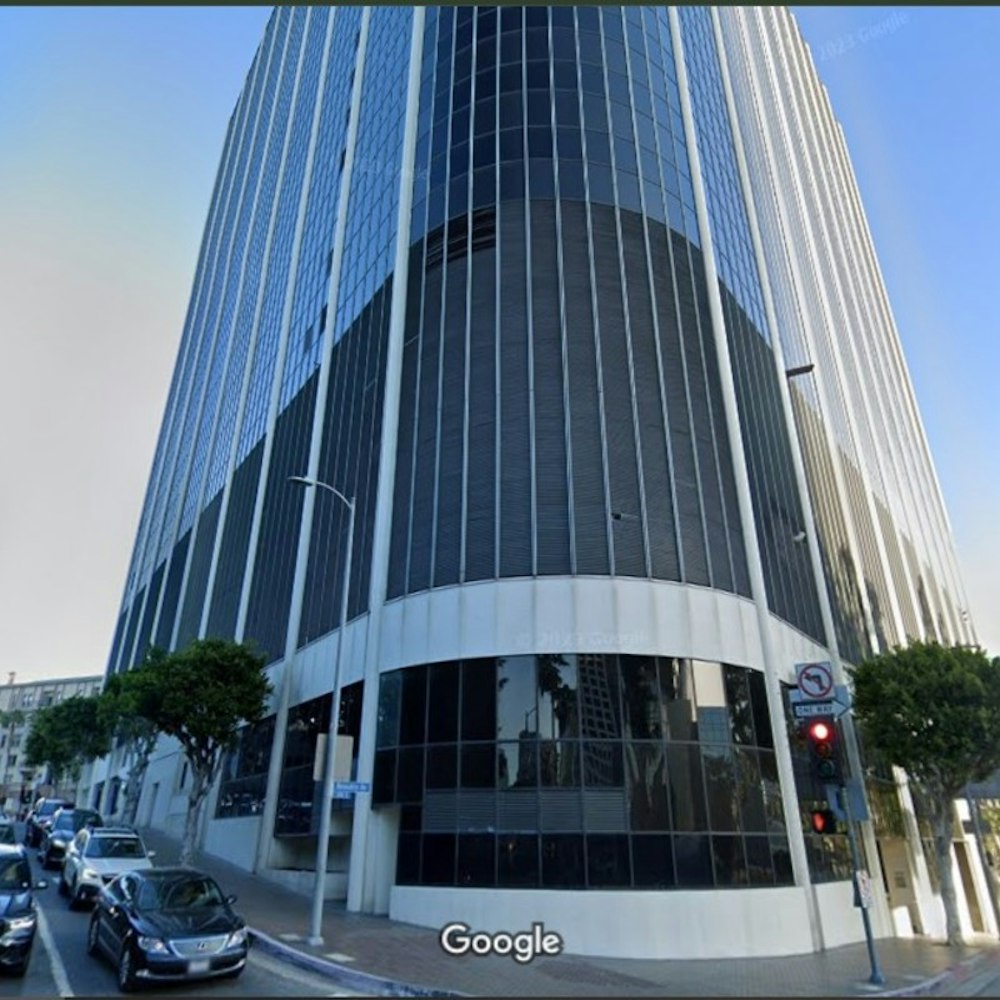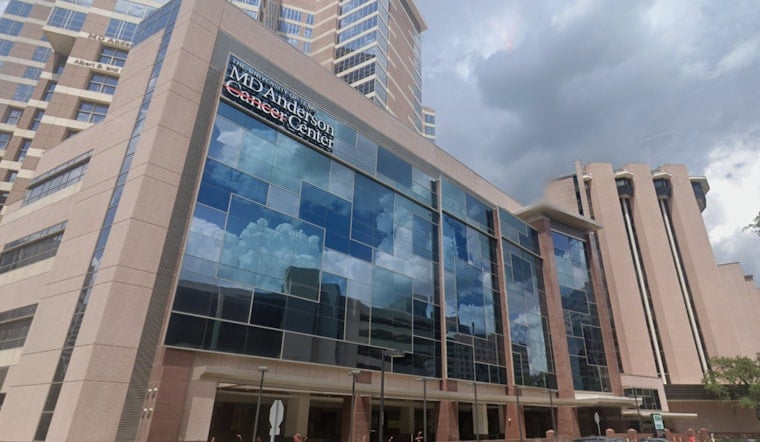
In the halls of MD Anderson Cancer Center, a legal battle rages between a junior faculty member and a senior scientist, with accusations flying over stolen credit for vital cancer research. Dr. Jamie Lin, an assistant professor and onco-nephrologist, has slammed Dr. Padmanee Sharma, a high-profile member of the institution and a leader in immunotherapy, in a lawsuit claiming that Sharma wrongfully took credit for research she had no part in, as reported by the STAT News.
The suit, which surfaced in Harris County court documents, wraps Sharma in allegations of threatening behavior, improper credit claims for a research manuscript, and damaging Lin's professional reputation, the Houston Chronicle reveals; with Dr. Lin painting a picture of fear for her career's stability and alleging that Sharma interfered with the publication of another paper by falsely crying plagiarism, pushing Lin to seek court intervention after her concerns were reportedly dismissed by peers.
Sharma denied the allegations, and her attorneys, supported by the Texas Attorney General's Office, argued for sovereign immunity due to her connection with a University of Texas System institution, potentially protecting her from legal challenges. Despite unsuccessful mediation and public discord, MD Anderson declined to comment on the pending litigation, focusing instead on their procedures for addressing employee issues.
Caught in the crossfire of this dispute are Lin's scientific findings on tertiary lymphoid structures and their potential impact in treating cancer-related kidney damage, findings which could have been a stepping stone for her budding research career; instead, they've become ammunition in a professional clash that, according to a statement Lin gave to STAT, has potentially sent her career "falling off a cliff."
The lawsuit hinges on authorship disputes over key research papers—a source of academic currency crucial for funding and promotions within the scientific community—with Lin seeking $5 million in damages and corrective attribution for her work, while the case rumbles on toward a possible September trial. What is clear amidst the legal tangle is the real cost of such a feud, potentially lost advances in cancer treatment and a junior scientist's career hanging in the balance.



